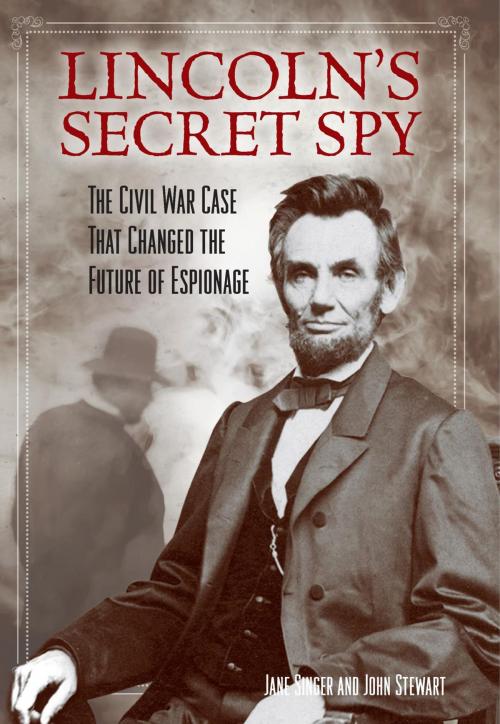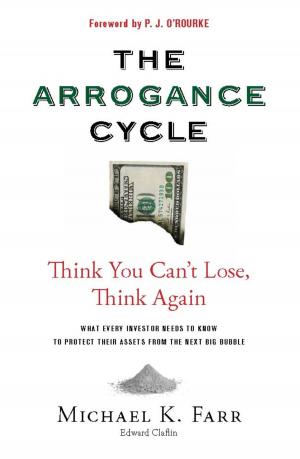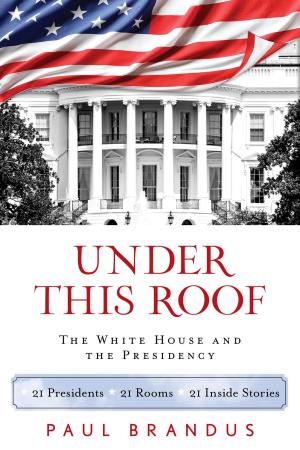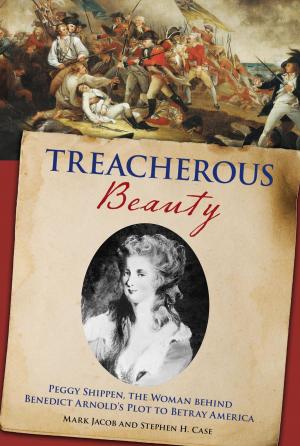Lincoln's Secret Spy
The Civil War Case That Changed the Future of Espionage
Nonfiction, History, Americas, United States, Civil War Period (1850-1877), Biography & Memoir| Author: | Jane Singer, John Stewart | ISBN: | 9781493017386 |
| Publisher: | Lyons Press | Publication: | April 1, 2015 |
| Imprint: | Lyons Press | Language: | English |
| Author: | Jane Singer, John Stewart |
| ISBN: | 9781493017386 |
| Publisher: | Lyons Press |
| Publication: | April 1, 2015 |
| Imprint: | Lyons Press |
| Language: | English |
A month after Lincoln’s assassination, William Alvin Lloyd arrived in Washington, DC, to press a claim against the federal government for money due him for serving as the president’s spy in the Confederacy. Lloyd claimed that Lincoln personally had issued papers of transit for him to cross into the South, a salary of $200 a month, and a secret commission as Lincoln’s own top-secret spy. The claim convinced Secretary of War Edwin Stanton and Judge Advocate General Joseph Holt—but was it true? Before the war, Lloyd hawked his Southern Steamboat and Railroad Guide wherever he could, including the South, which would have made him a perfect operative for the Union. By 1861, though, he needed cash, so he crossed enemy lines to collect debts owed by advertising clients in Dixie. Officials arrested and jailed him, after just a few days in Memphis, for bigamy. But Lloyd later claimed it was for being a suspected Yankee spy. After bribing his way out, he crisscrossed the Confederacy, trying to collect enough money to stay alive. Between riding the rails he found time to marry plenty of unsuspecting young women only ditch them a few days later. His behavior drew the attention of Confederate detectives, who nabbed him in Savannah and charged him as a suspected spy. But after nine months, they couldn’t find any incriminating evidence or anyone to testify against him, so they let him go. A free but broken man, Lloyd continued roaming the South, making money however he could. In May 1865, he went to Washington with an extraordinary claim and little else: a few coached witnesses, a pass to cross the lines signed “A. Lincoln” (the most forged signature in American history), and his own testimony. So was he really Lincoln’s secret agent or nothing more than a notorious con man? Find out in this completely irresistible, high-spirited historical caper.
A month after Lincoln’s assassination, William Alvin Lloyd arrived in Washington, DC, to press a claim against the federal government for money due him for serving as the president’s spy in the Confederacy. Lloyd claimed that Lincoln personally had issued papers of transit for him to cross into the South, a salary of $200 a month, and a secret commission as Lincoln’s own top-secret spy. The claim convinced Secretary of War Edwin Stanton and Judge Advocate General Joseph Holt—but was it true? Before the war, Lloyd hawked his Southern Steamboat and Railroad Guide wherever he could, including the South, which would have made him a perfect operative for the Union. By 1861, though, he needed cash, so he crossed enemy lines to collect debts owed by advertising clients in Dixie. Officials arrested and jailed him, after just a few days in Memphis, for bigamy. But Lloyd later claimed it was for being a suspected Yankee spy. After bribing his way out, he crisscrossed the Confederacy, trying to collect enough money to stay alive. Between riding the rails he found time to marry plenty of unsuspecting young women only ditch them a few days later. His behavior drew the attention of Confederate detectives, who nabbed him in Savannah and charged him as a suspected spy. But after nine months, they couldn’t find any incriminating evidence or anyone to testify against him, so they let him go. A free but broken man, Lloyd continued roaming the South, making money however he could. In May 1865, he went to Washington with an extraordinary claim and little else: a few coached witnesses, a pass to cross the lines signed “A. Lincoln” (the most forged signature in American history), and his own testimony. So was he really Lincoln’s secret agent or nothing more than a notorious con man? Find out in this completely irresistible, high-spirited historical caper.















